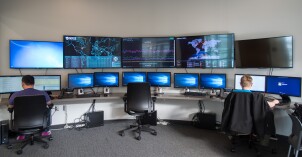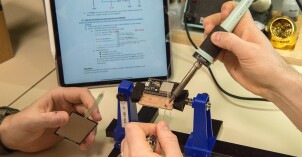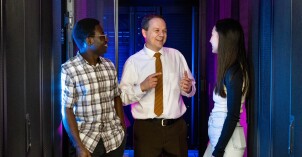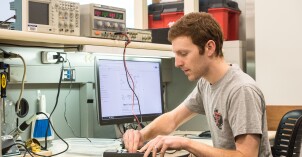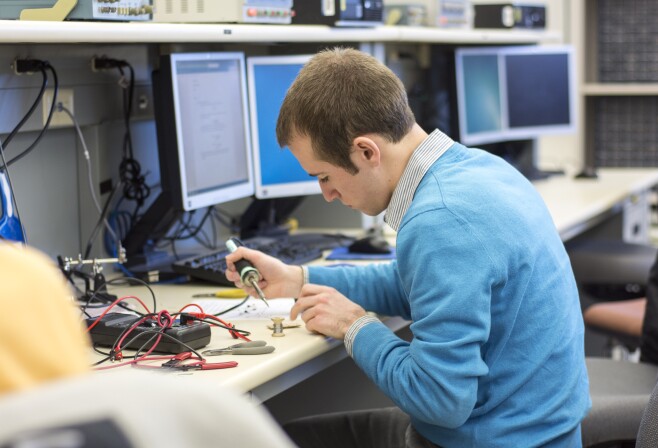
Imagine What You Could Do
This program balances scientific and engineering theories with technical laboratory experiences to develop practical knowledge and skills that working electrical engineers will need once they enter the workforce.
The Electrical engineering program at BYU-Idaho prepares students to use electricity and electronics in novel ways to help solve some of the world’s greatest scientific challenges. Graduates are prepared for high-paying employment as electrical engineers or to continue their education at graduate school.
The Electrical engineering program at BYU-Idaho prepares students to use electricity and electronics in novel ways to help solve some of the world’s greatest scientific challenges. Graduates are prepared for high-paying employment as electrical engineers or to continue their education at graduate school.
"I was able to receive personalized help from all of my instructors during any time of the day, in their offices, to help answer all my questions."
DAVID V.,
BYU-I GRADUATE
Find out if this degree is right for you!
Watch expert advice on how to succeed in this major + career options
Highlighted Career Paths
Graduates with a degree in Electrical Engineering have a wide array of rewarding careers before them. Check out some of the top careers students get with this degree or explore more career options in I-Plan.
Electrical Engineers
Electrical engineers design, develop, test, and supervise the manufacture of electrical equipment. This equipment includes electric motors, machinery controls, lighting, wiring, radar and navigation systems, communication systems, power generation, management, and transmission devices. Electrical engineers also design the electrical systems of automobiles and aircraft.
Semiconductor Engineer
The chief enabling technology at the heart of the booming electronic components computer industry is semiconductor technology, particularly the development, and manufacturing of integrated circuits. A semiconductor engineer’s job is to build a semiconductor that runs efficiently.
Power Engineers
Power engineers deal with energy generation by various methods–including turbine, hydro, fuel cell, solar, geothermal, and wind. They also deal with electrical power distribution from source to consumer and within factories, offices, hospitals, and laboratories. Power engineers often design electric motors and batteries.
Highlighted Courses
Develop core technical and analytical skills through courses in circuit analysis, digital systems, electromagnetics, microprocessors, embedded systems, signals and systems, power systems, and more.
